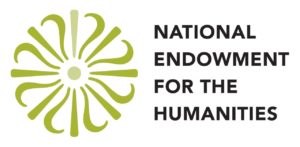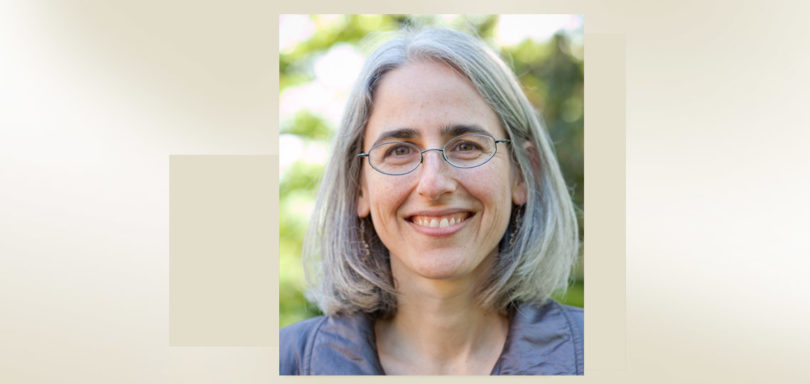The National Endowment for the Humanities has awarded a research fellowship to Rachel Gabara, associate professor in the University of Georgia Franklin College of Arts and Sciences’ department of Romance languages, funded as a part of more than $30 million in new NEH grants for 188 humanities projects nationwide.
The fellowship will fund the completion of Gabara’s second book manuscript. The project, “Reclaiming Realism: From Documentary Film in Africa to African Documentary Film,” traces the history of documentary film in West and Central Africa from colonial French newsreels in the first years of the 20th century to contemporary films by postcolonial African documentarists.
 “For over half a century, French colonial documentary claimed to capture the truth about Africa and Africans. After independence, African filmmakers reclaimed the cinema and their cinematic image by experimenting with documentary content, voice and style. This project will demonstrate the vital importance of documentary first to French colonialism, then to a post-independence reframing of African identities and modes of filmic discourse,” Gabara said in describing the book. “A transnational study, it intervenes in contemporary critical debates about global documentary and the nature of filmic representations of reality.”
“For over half a century, French colonial documentary claimed to capture the truth about Africa and Africans. After independence, African filmmakers reclaimed the cinema and their cinematic image by experimenting with documentary content, voice and style. This project will demonstrate the vital importance of documentary first to French colonialism, then to a post-independence reframing of African identities and modes of filmic discourse,” Gabara said in describing the book. “A transnational study, it intervenes in contemporary critical debates about global documentary and the nature of filmic representations of reality.”
“Rachel Gabara is an intellectually gifted and accomplished scholar whose study of African documentary film in its transnational context will surely result in an outstanding monograph,” said Martin Kagel, associate dean in the Franklin College. “Being awarded an NEH fellowship represents a signature achievement in Dr. Gabara’s career. It is a most deserved distinction that reflects the university’s excellence in research in the humanities.”
The National Endowment for the Humanities is an independent federal agency created in 1965. It is one of the largest funders of humanities programs in the United States.
“In this highly competitive funding cycle, NEH funded 8% of the Fellowships
proposals that it received,” wrote Jon Parrish Peede, the chairman of the NEH in a statement announcing the award. Applications were selected for support after completing a
rigorous three-step review process conducted by panels of scholars in the field, Endowment staff, and the National Council on the Humanities. Peede then made final decisions on the funding of each eligible application.








